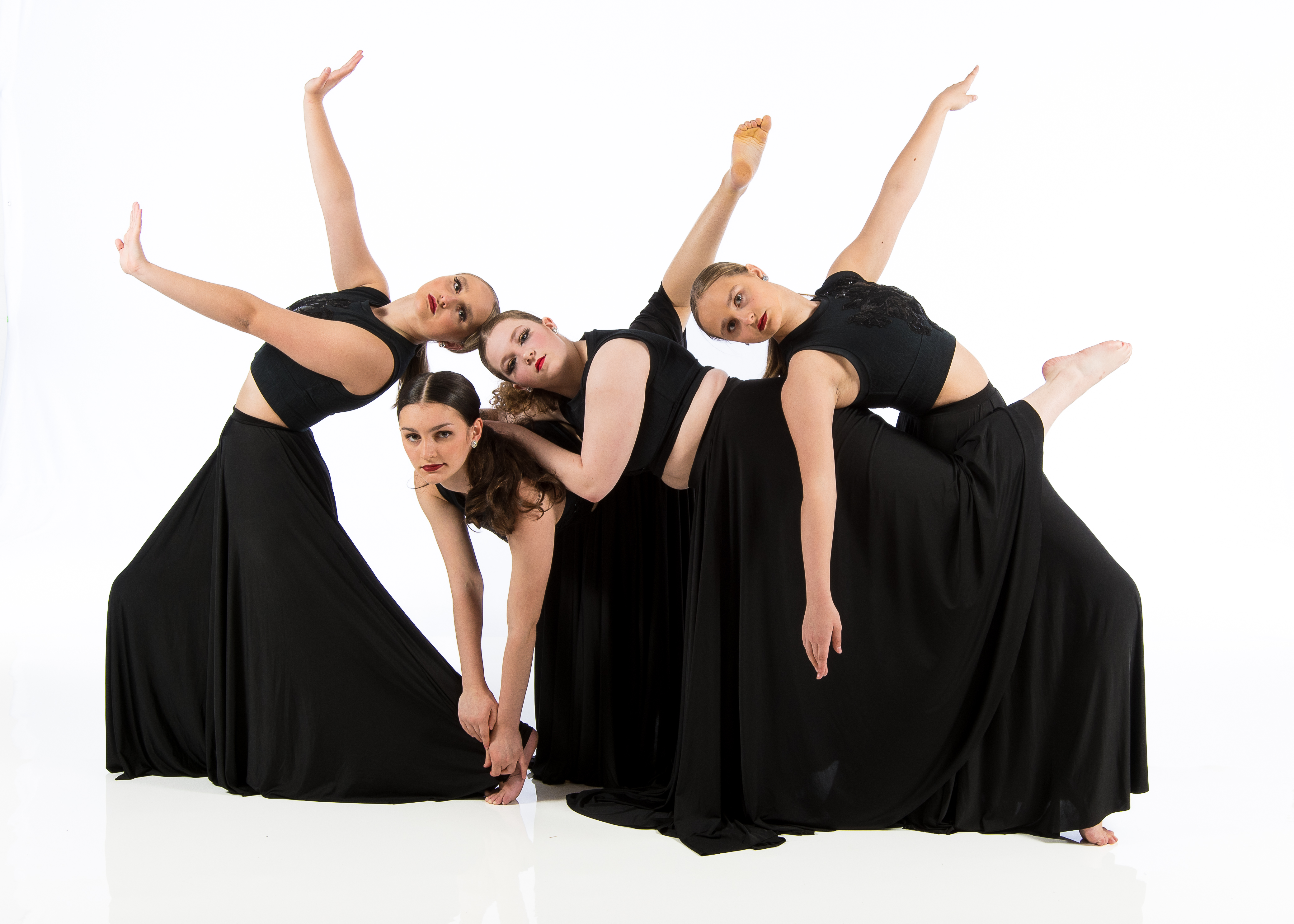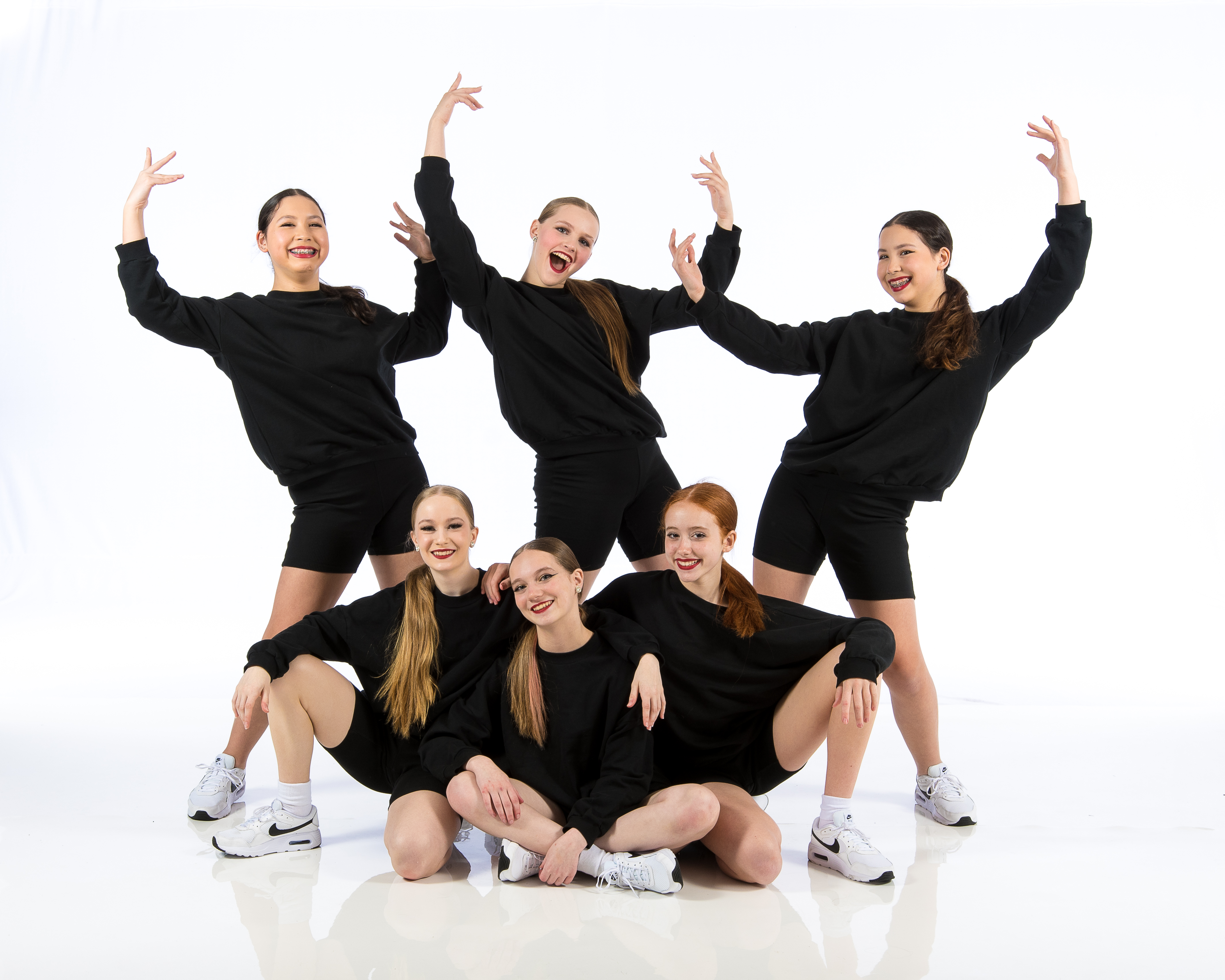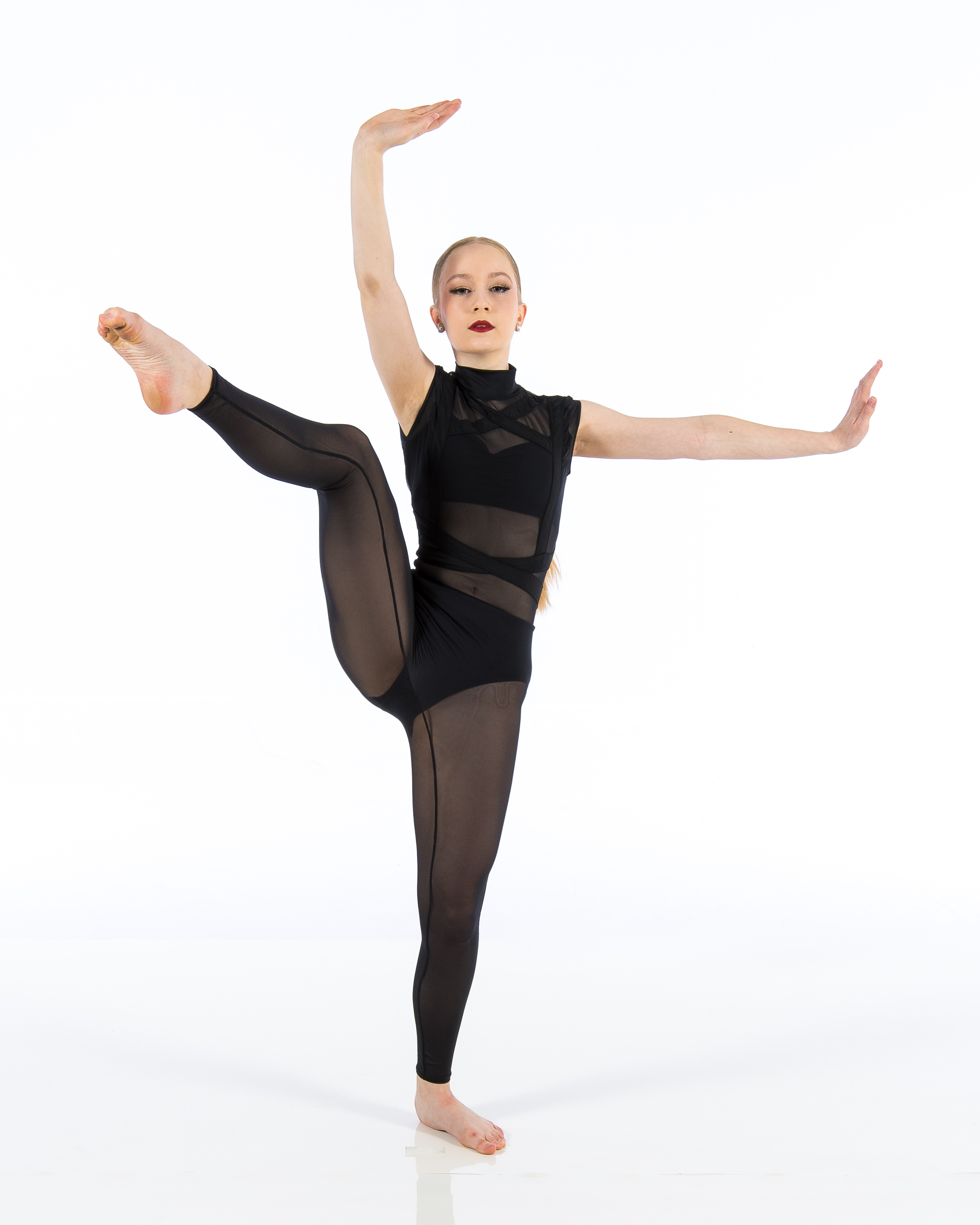Introduction
Dance is an art type that transcends barriers, joins neighborhoods, and bursts with the vigor of human expression. Whether you're a budding professional dancer stepping into a dance studio for the first time or an experienced performer aiming to fine-tune your craft, recognizing dance studio rules is necessary for making sure a positive experience. This substantial overview entitled From Beginner to Specialist: Browsing Dance Studio Decorum for an Unified Experience will certainly take you through every aspect of dance studio habits, giving insights that will certainly elevate your experience and foster more powerful connections within the dance community.
Understanding Dance Studio Etiquette
What is Dance Studio Etiquette?
Dance workshop etiquette refers to the set of rule of thumbs and social standards that regulate habits in a dance class setup. Just like any type of various other creative environment, valuing these guidelines can enhance not just your learning experience yet also that of your peers.
Why is Dance Studio Etiquette Important?
Adhering to appropriate decorum helps produce an ambience of respect, emphasis, and collaboration. It fosters a sense of neighborhood and enables professional dancers to sustain each other in their growth while minimizing distractions during class.
From Beginner to Expert: The Value of First Impressions
Preparing for Your First Class
Walking into a dance studio for the first time can be nerve-wracking. To make a memorable impression:
- Dress properly: Put on comfortable attire suitable for the kind of dancing you're studying. Arrive early: Objective to arrive at the very least 10-- 15 mins before class starts. This gives you time to check in, warm up, and work out in.
Greeting Your Instructor
A pleasant greeting collections the tone for your experience. Constantly introduce on your own if it's your first-rate! A basic "Hey there" or "Greetings" can go a long method in developing rapport.
Classroom Conduct: The Do's and Do n'tshtmlplcehlder 46end.
Do's: Positive Behaviors
Be Respectful: Respect everyone's individual space-- especially when exercising moves. Listen Actively: Show attentiveness when teachers are speaking; it reveals you value their guidance. Support Your Peers: Encourage fellow professional dancers; positivity types encouragement.Don'ts: Negative Behaviors
Avoid Distractions: Keep personal conversations outside the classroom. Don't Usage Your Phone: Silence your phone during course; it's disruptive. Refrain from Interrupting: Wait till the instructor finishes prior to asking questions.The Role of Personal Space in Dancing Studios
Understanding Boundaries
Personal area differs from one person to another, particularly in a dance setting where physical proximity is usually essential throughout practice routines.
Communicating Comfort Levels
If you really feel uncomfortable with just how close one more professional dancer is getting during partnered workouts or formations, it's crucial to connect this pleasantly and professionally.

Maintaining Professionalism and trust: Dress Code and Grooming
Importance of Proper Attire
Each dance design typically has its own gown code-- whether it be leotards for ballet or loose-fitting clothes for hip-hop courses-- sticking to these requirements shows regard for both your craft and your instructor.

Personal Health Matters
Dancing calls for physical effort, which can lead to sweating. Guarantee you preserve great health by showering prior to class and putting on tidy attire.
Behavior Throughout Class: Concentrating On Learning
Engaging with Instruction
It's vital to remain focused during demonstrations. Rather than merely enjoying, actively involve by imagining just how you would certainly perform each movement.
Asking Questions Appropriately
Curiosity boosts finding out! If something isn't clear, feel free to ask questions-- yet guarantee they are relevant and presented at ideal times (ideally after guidelines).
Feedback: Embracing Useful Criticism
Accepting Responses Gracefully
Constructive objection is component development in any art type. Embrace comments with an open mind and prevent becoming defensive; bear in mind that review intends to assist improve your skills!
Offering Feedback Thoughtfully
When providing responses to peers, ensure it's useful as opposed to crucial; focus on what they did well alongside areas for improvement.
Creating Consistency Via Teamwork
The Value of Group Spirit
In several dancing designs, teamwork plays a pivotal duty; establishing camaraderie with fellow professional dancers causes boosted performances.
Collaborating During Group Exercises
When involved in team jobs or choreography methods, urge imagination by valuing everybody's ideas while likewise adding your own constructively.
Handling Conflicts Gracefully
Addressing Arguments Maturely
Conflict might develop due to misunderstandings or differing point of views on choreography options. Deal with these issues privately instead of publicly airing grievances which can disrupt class harmony.
Seeking Arbitration When Necessary
If problems intensify beyond personal resolution efforts-- seek support from trainers that can mediate efficiently based on their experience dealing with similar situations.
Post-Class Etiquette: Leaving on a Great Note
Thanking Teachers After Class
Always reveal appreciation in the direction of your trainer after lessons; this enhances positive connections while recognizing their hard work!
Keeping the Workshop Clean
Whether it's getting canteen or neatly preparing props post-class-- keeping sanitation shows respect for shared rooms used by all dancers!
Engaging Beyond Class Time: Building Community Relationships
Joining Social Events
Participate in get-togethers organized by workshops such as showcases or open residences-- these gatherings provide possibilities for networking while enhancing community ties outside structured lessons!
Supporting Fellow Dancers' Performances
Attending peers' performances demonstrates uniformity within the dance community-- it motivates engagement past plain participation at classes!
Frequently Asked Inquiries (Frequently asked questions)
1. What should I use for my very first dance class?
Choose comfy attire appropriate for the certain design you're taking (e.g., leotards for ballet). Always inquire about outfit codes beforehand!
2. Is it all right to chat during class?
It's best practice not to take part in side conversations during direction as this distracts both teachers & & fellow pupils alike!
3. How do I deal with feeling overwhelmed?
Take deep breaths & & remind yourself that every professional dancer started somewhere! Communicate any fight with instructors who Visit this website may give extra assistance if needed!
4. Suppose I differ with choreography choices?

5. Must I bring water right into the studio?
Definitely! Remaining moisturized boosts efficiency levels; just make sure containers are safely closed so spills do not happen on floorings where others are dancing!
6. Just how essential is punctuality?
Preparation is crucial as arriving late interferes with concentration levels while creating interruptions; objective constantly get here early enough enabling time warm-up properly before courses commence!
Conclusion
Navigating through a dance studio environment can seem discouraging in the beginning look yet mastering proper decorum eventually changes one's journey from beginner status towards professional degree virtuosity! By adhering very closely recognized behaviors described throughout this overview titled From Novice To Expert: Navigating Dance Studio Rules For An Unified Experience *, you'll grow vital relationships within areas enriched creativity while developing technological expertise along with appreciated mentors! So shoelace up those footwear with confidence step onto that flooring-- the world awaits your unique expression with movement!